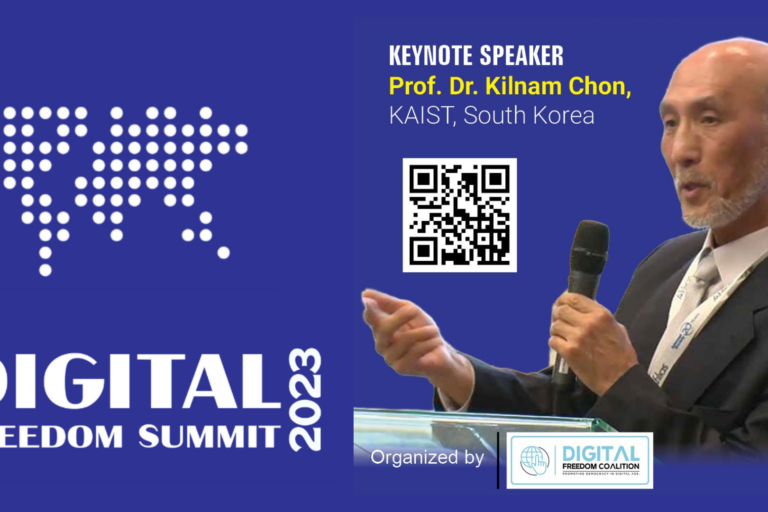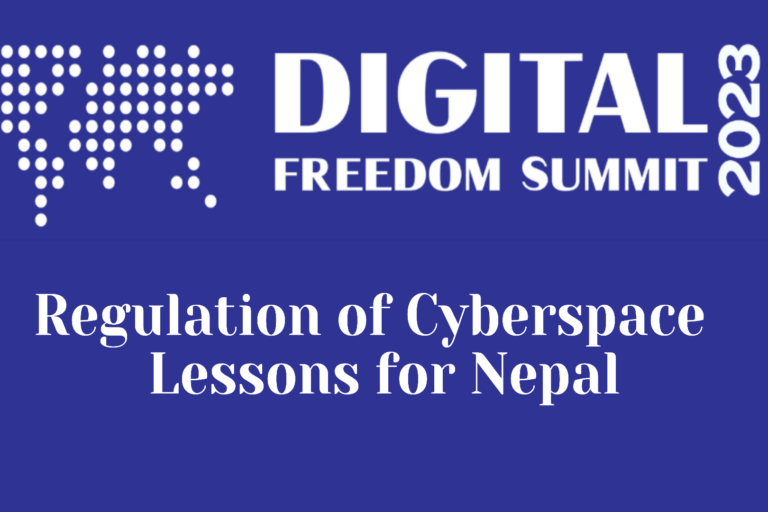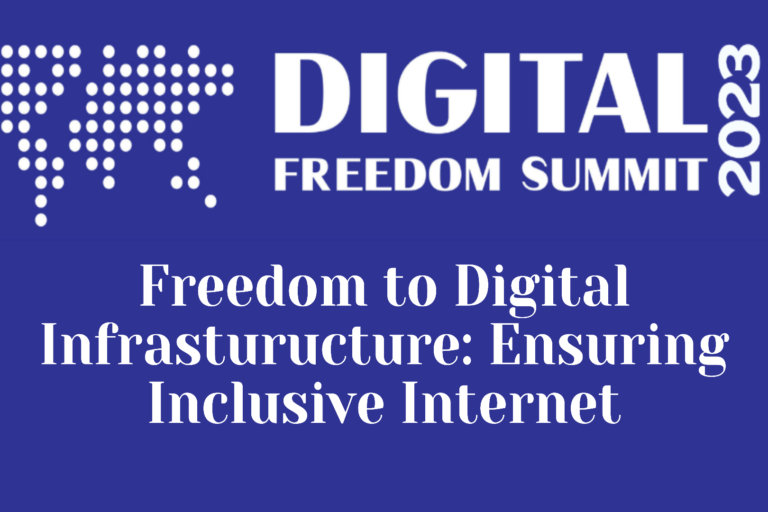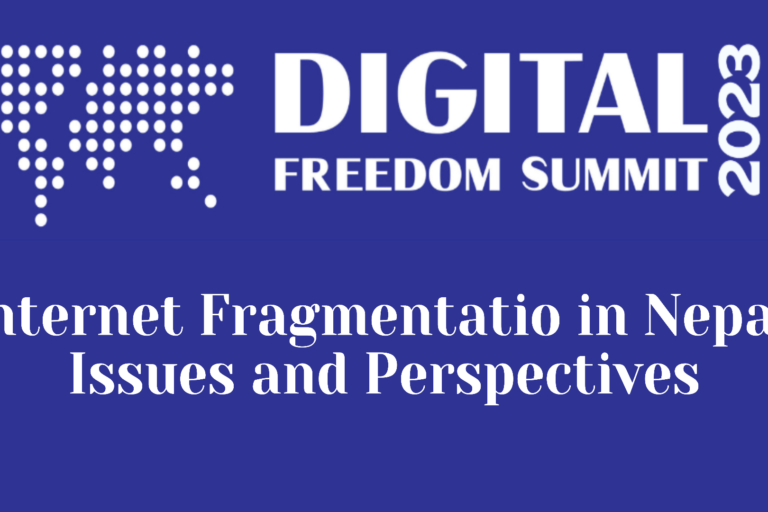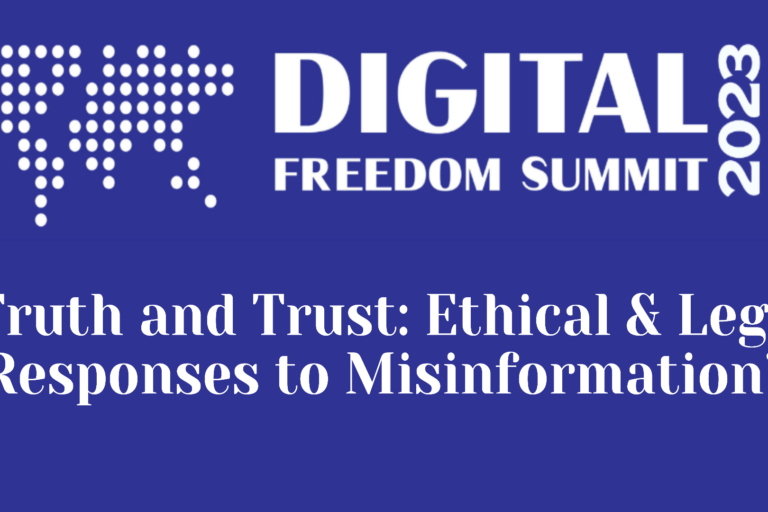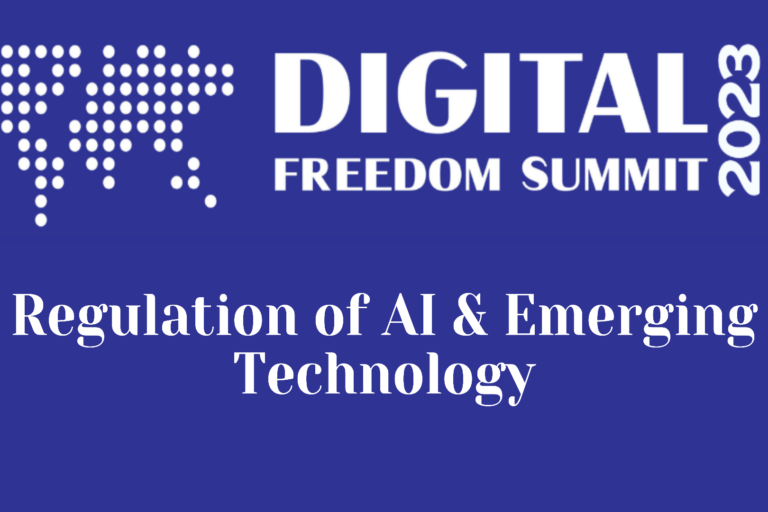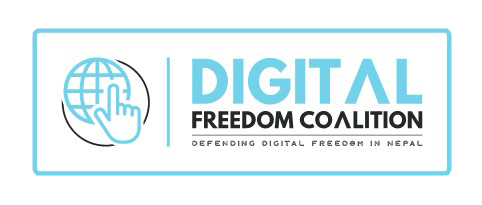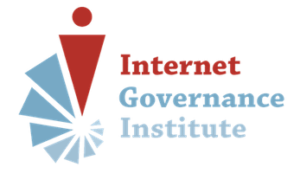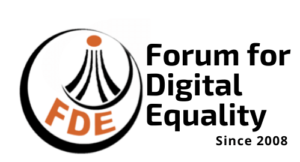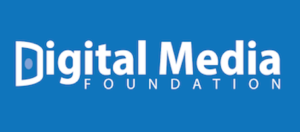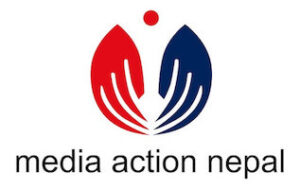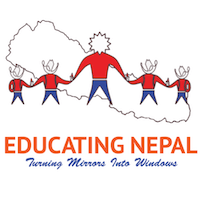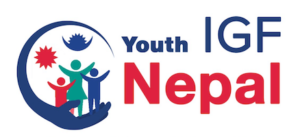Building upon the success and legacy of the Digital Freedom Summit 2022, the Digital Freedom Coalition is thrilled to announce the highly anticipated second edition of the summit: Digital Freedom Summit 2023. Set to take place on 9th December in Vivanta,Lalitpur. This year’s summit aims to further explore the evolving landscape of digital freedom in Nepal addressing the panel discussions, workshop and capacity building over critical issues surrounding digital freedom. This annual event serves as a catalyst for in-depth discussions, knowledge sharing, and collaboration, with the ultimate goal of democratizing Nepal’s digital transformation.
DIGITAL FREEDOM SUMMIT 2023
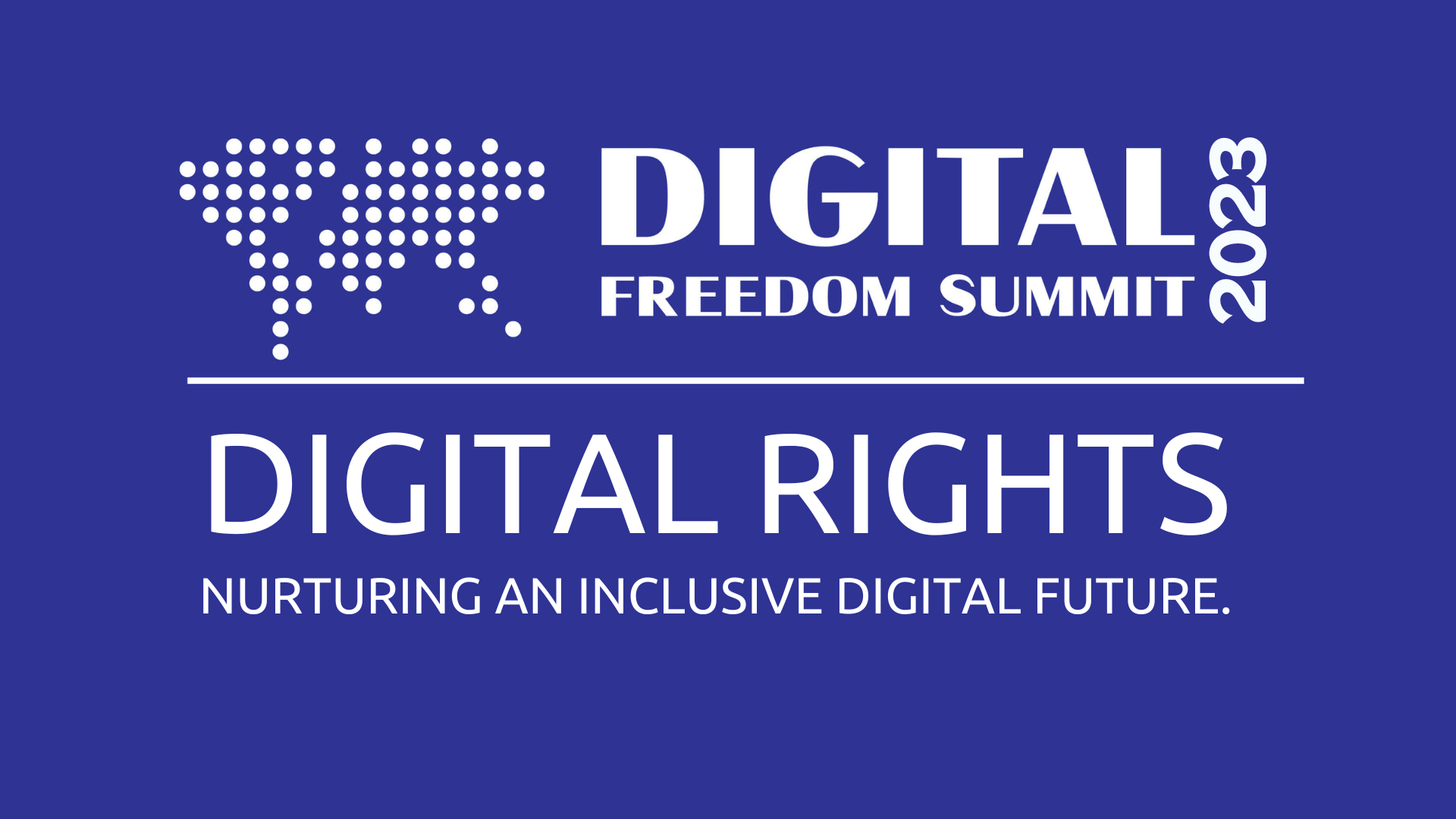
Program Agenda
Event Schedule
| Time | Activity |
|---|---|
| 08:00-09:30 | Arrival Registration |
| 09:30-10:30 | Opening Ceremony |
| 10:30-11:00 | Networking Break |
| 11:00-12:00 | Regulation of Cyberspace: Lessons for Nepal |
| 12:00-13:00 | Freedom to Digital Infrastructure: Ensuring Inclusive Internet |
| 13:00-14:00 | Lunch Break |
| 14:00-15:00 | Internet Fragmentation in Nepal: Issues and Perspectives |
| 15:00-16:00 | “Truth and Trust: Ethical and Legal Responses to Misinformation” |
| 16:00-16:30 | Networking Break |
| 16:30-17:30 | Regulation of Artificial Intelligence: What Parliament Thinks About? |
| 17:30-18:00 | Closing Ceremony |
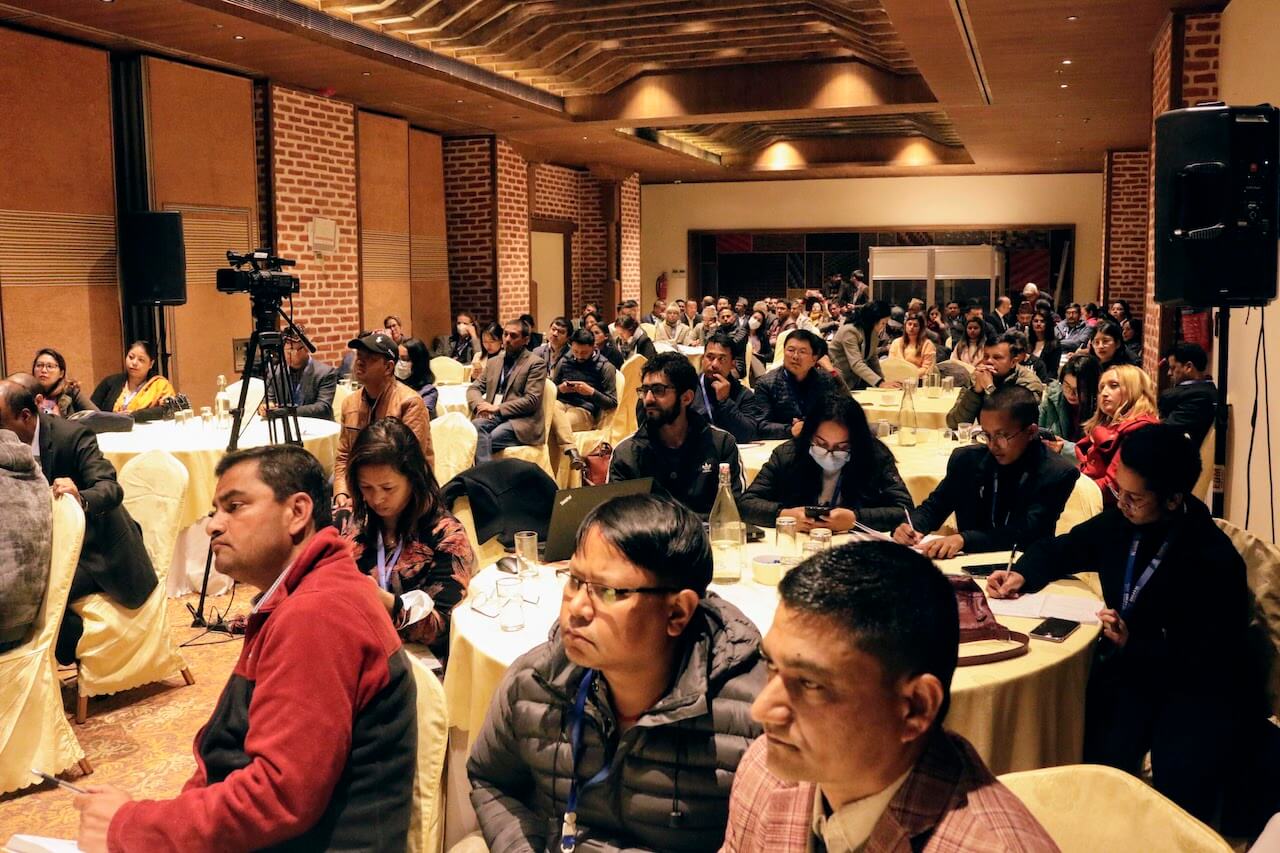
Digital Freedom Summit is a multi-stakeholder platform organized annually by the Digital Freedom Coalition where stakeholders come across to discuss various issues related to Digital Freedom in Nepal. The Digital Freedom Summit is one of the signature events of the Coalition that focuses on recent digital technology trends and discoveries, as well as their impact on digital freedom law, policy and practices. The summit which is both exclusive and influential aims to support the digital transformation in Nepal.
The Digital Freedom Coalition held its first Digital Freedom Summit on December 9th, 2022, with the theme “Promoting Democracy in the Digital Age”. The Freedom Summit was attended by more than 200 participants and the discussions covered a range of topics related to digital freedom, including the challenges of misinformation, disinformation, and fake news, the importance of safeguarding freedom of expression, and issues of digital literacy and access to digital services in rural areas. The panelists also discussed the challenges faced by the banking and e-commerce sectors and highlighted the need for regulatory mechanisms and policies to promote and protect individual privacy and data security.
Who We Are
Digital Freedom Coalition is a consortium of organizations working in the area of digital freedom, cybersecurity, digital resilience and Internet governance in Nepal. Coalition works closely together to coordinate their efforts on ensuring privacy online, meaningful access to technology, cybersecurity, Internet governance, freedom of expression online and a resilient digital ecosystem in Nepal.
Collaborating Partner


